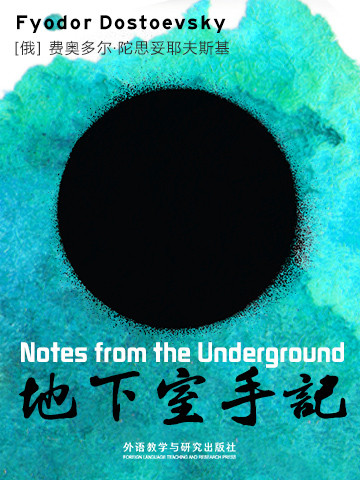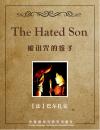The philosopher Friedrich Nietzsche called Dostoevsky "the only psychologist, incidentally, from whom I had anything to learn."
《地下室手记》不仅是陀思妥耶夫斯基的代表作,也预视了他后来5本重要的长篇小说:《罪与罚》(1866)、《白痴》、《群魔》、《少年》、《卡拉马佐夫兄弟》。本书也被认为是陀思妥耶夫斯基创作过程中的一个转折点,与之前的穷人、被侮辱与被损害的、死屋手记等充满了人道主义同情的作品相比,之后的作品哲学意味更浓,更富于思辨性。正是从本书开始,陀氏的历史哲学、神学、宗教哲学等开始陆续在其作品中得到反映。
Notes from Underground, also translated as Notes from the Underground or Letters from the Underworld, is an 1864 novella by Fyodor Dostoyevsky. Notes is considered by many to be the first existentialist novel. It presents itself as an excerpt from the rambling memoirs of a bitter, isolated, unnamed narrator (generally referred to by critics as the Underground Man) who is a retired civil servant living in St. Petersburg. The first part of the story is told in monologue form, or the underground man's diary, and attacks emerging Western philosophy, especially Nikolay Chernyshevsky's What Is to Be Done?. The second part of the book is called "Àpropos of the Wet Snow", and describes certain events that, it seems, are destroying and sometimes renewing the underground man, who acts as a first person, unreliable narrator.
- PART I
- PART II
- 书评 写书评
- 笔记
-
书评加载中...























 京公网安备 11010802032529号
京公网安备 11010802032529号
笔记加载中...